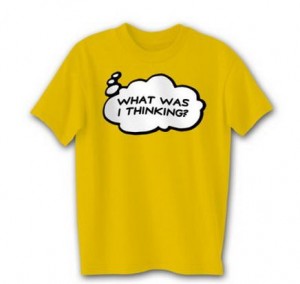people need courage
I had the good fortune of speaking with Yves Behar after a talk he gave at the Seattle Public Library. In his talk about Design for Good he either mentioned or hinted at repeatedly, that people need courage. I jokingly asked him if there was some sort of courage camp that these people attended, or if they found him. I seriously doubted that Yves, the founder of fuseproject, a brand and product experience company, was cold calling big brands and governments, spurring them to action. He said, the thing about courageous people is that they are looking for solutions.
Here is a sampling of what was made possible when others thought it impossible.
 One Laptop per Child.
One Laptop per Child.
You’ve heard about it. But, did you know that every primary school student in Uruguay has an XO computer. Conventional thinkers thought this to be impossible. They also thought there was a dearth of talent to maintain and upgrade the computers. It turns out that XO computers were designed for in country personnel with little training to be able to upgrade the operating system, which they have done many times.
It all started because of a question
“What if we eliminated the shoebox?”
It took 21 months for fuseproject and Puma to eliminate the shoebox. They also made the entire prescription open source. Other shoe companies can follow suit without fear of encroaching on patents and other intellectual property. Good for the consumer, good for the company, and good for the planet.
Getting a laptop into every child’s hand and eliminating the shoebox were both big changes to the status quo. Nothing happens until somebody thinks and acts differently. People involved in these projects had the courage to challenge the status quo, ask questions, and explore new territory.
Do you have the courage to make the impossible, possible? What is your question? How long will your idea take? A lot longer if you don’t get started and infinitely longer if you don’t begin with a question.
Need help? Contact Us.
Not ready but want Tips, Tricks, and Tools – Subscribe to our What’s Next newsletter.


